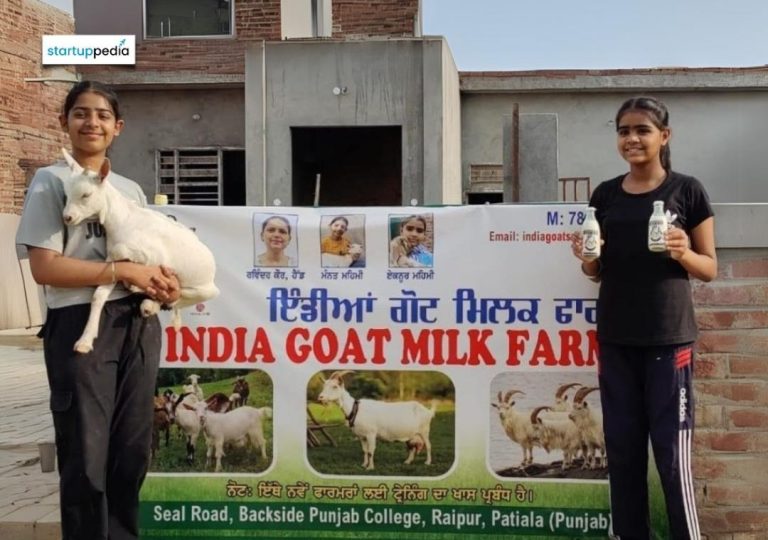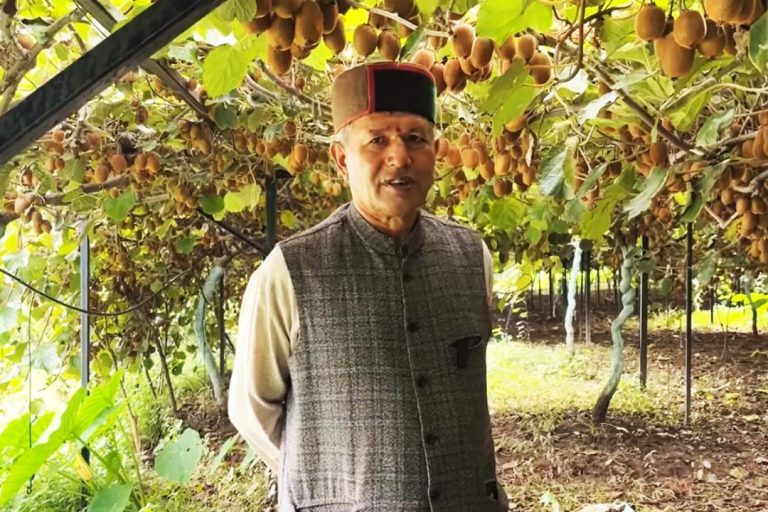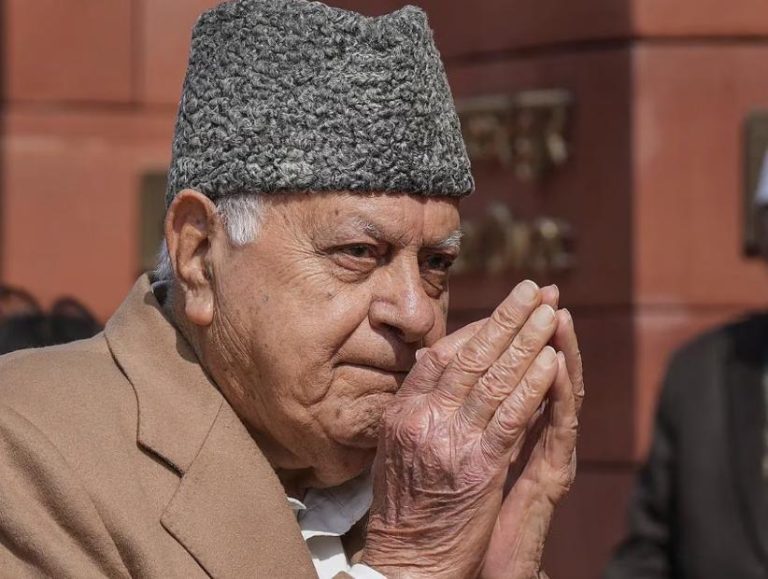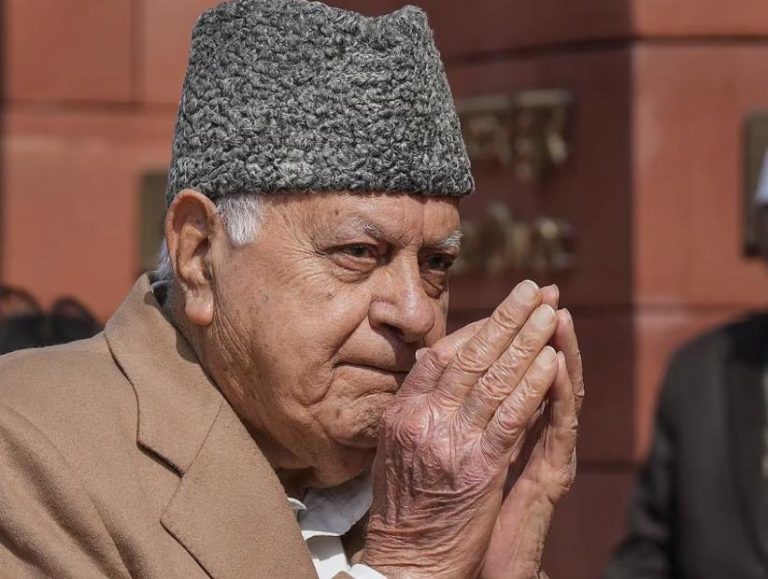
India’s New Obsessions: Quick Commerce & Short Drama Apps
The digital landscape in India is witnessing a significant transformation, with two emerging trends that are redefining consumer behavior: quick commerce and short drama apps. The rapid growth of these sectors is not only changing the way Indians shop and entertain themselves but also opening up new opportunities for businesses and investors.
Quick Commerce: The Rise of 10-Minute Deliveries
Quick commerce, a phenomenon where customers can order products and have them delivered within a short span of time, has taken India by storm in recent years. According to a report, the quick commerce market in India crossed ₹7,500 crore in FY24, with 68% of metro users ordering at least twice a week. This surge in demand is largely driven by the increasing dependency on digital platforms and the desire for convenience.
The quick commerce market is dominated by players such as Zomato, Swiggy, and Dunzo, which offer a wide range of products, including groceries, electronics, and even fresh produce. These platforms have disrupted traditional retail models by providing customers with the option to order products from the comfort of their own homes and have them delivered within a short span of time.
The success of quick commerce can be attributed to several factors, including the increasing use of digital payments, the growth of e-commerce, and the rise of social media influencers who promote these services. Moreover, the COVID-19 pandemic has accelerated the adoption of quick commerce, as people sought to minimize their physical interactions and opt for contactless deliveries.
Short Drama Apps: The Rise of 3-Minute Entertainment
Short drama apps, which offer bite-sized entertainment content, have also experienced a significant surge in popularity in recent years. According to a report, short drama apps saw 300 million users in 2025, up 40% from 2023. Ad revenues for these apps hit ₹2,000 crore in 2024, making them a lucrative market for content creators and advertisers.
Short drama apps, such as MX Takatak, Moj, and Josh, offer a range of content, including short films, web series, and even live events. These apps have gained popularity among Indian audiences, who are increasingly looking for bite-sized entertainment options that can be consumed on-the-go.
The success of short drama apps can be attributed to several factors, including the increasing use of mobile devices, the growth of social media, and the rise of streaming services. Moreover, the COVID-19 pandemic has accelerated the adoption of short drama apps, as people sought to find alternative forms of entertainment during lockdowns and social distancing measures.
Speed and Personalization: The Key to Success
Both quick commerce and short drama apps rely on speed and personalization to deliver a unique user experience. Quick commerce platforms use algorithms to offer personalized product recommendations, while short drama apps use data analytics to understand user preferences and serve them relevant content.
Speed is also a critical factor in both sectors, as customers expect fast delivery times and instant access to content. Quick commerce platforms use logistics and delivery networks to ensure that products are delivered within a short span of time, while short drama apps use high-speed internet connectivity to stream content seamlessly.
Conclusion
India’s digital surge is transforming consumer behavior, with quick commerce and short drama apps emerging as new obsessions. These trends are not only changing the way Indians shop and entertain themselves but also opening up new opportunities for businesses and investors.
As the quick commerce and short drama app markets continue to evolve, we can expect to see further innovations in terms of speed, personalization, and content offerings. With the rise of 5G connectivity and artificial intelligence, these sectors are poised to become even more dominant in the Indian digital landscape.






